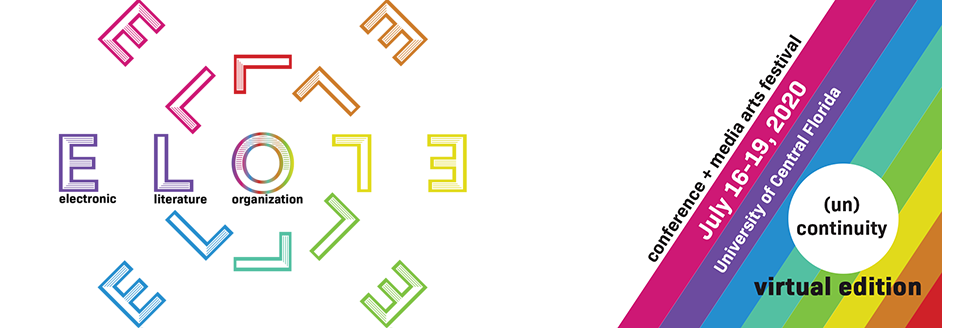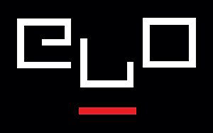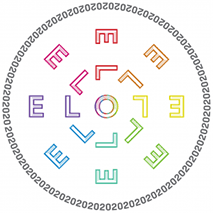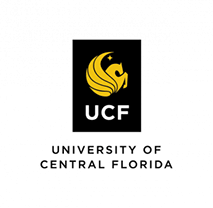Loading...
Submission Type
Virtual Engagement Session
Start Date
17-7-2020 2:00 PM
End Date
17-7-2020 3:00 PM
Abstract
In response to Debbie Chacra’s charge to “celebrate and foster education, maintenance, analysis, critique, and, above all, caregiving” in maker cultures, this roundtable imagines pedagogies of e-literary practice that combine creation and caregiving in ways restorative to the ongoing tradition(s) of e-lit (“Beyond Making”). E-lit regularly confronts theoretical, cultural, and material challenges endemic to the field, as genres of previously accessible work are being lost to technological obsolescence and new developments are moving increasingly off the screen and out of practical reach. One way to counter such challenges of these "(un)continuous" times is through an integrated, applied, practice-based model of e-lit pedagogy. Participants discuss ways of teaching electronic literature that incorporates hands-on work like critical-creative making and procedural performance as pedagogical responses to rapid technological changes that blot out e-literature’s past and blackbox its future.
Included in
Art Practice Commons, Digital Humanities Commons, Other Arts and Humanities Commons, Other Rhetoric and Composition Commons
Pedagogies of E-literary Practice for (Un)continuous Times: Lightning Talks
In response to Debbie Chacra’s charge to “celebrate and foster education, maintenance, analysis, critique, and, above all, caregiving” in maker cultures, this roundtable imagines pedagogies of e-literary practice that combine creation and caregiving in ways restorative to the ongoing tradition(s) of e-lit (“Beyond Making”). E-lit regularly confronts theoretical, cultural, and material challenges endemic to the field, as genres of previously accessible work are being lost to technological obsolescence and new developments are moving increasingly off the screen and out of practical reach. One way to counter such challenges of these "(un)continuous" times is through an integrated, applied, practice-based model of e-lit pedagogy. Participants discuss ways of teaching electronic literature that incorporates hands-on work like critical-creative making and procedural performance as pedagogical responses to rapid technological changes that blot out e-literature’s past and blackbox its future.




Bio
Speaker 1:
Caleb Andrew Milligan is Assistant Professor of Digital Humanities in the Writing and Digital Media Program at Pennsylvania State University, Berks College, where he specializes in electronic literature, embodied rhetorics, game studies, and media archaeology. His published work has appeared in Computers and Composition Online, Paradoxa, Hyperrhiz, and Press Start. He is currently at work on his first book, Novel Media: The Book, the Novel, and Post-Digital Literature, for Cambridge University Press’ new Elements series in Digital Fiction.
Speaker 2:
Sarah Whitcomb Laiola is an assistant professor of Digital Culture and Design at Coastal Carolina University, where she specializes in new media poetics, visual culture, and contemporary digital technoculture. Her recent peer-reviewed publications appear in Criticism (Jan 2019), American Quarterly (Sept 2018), and Television and New Media (July 2017), as well as the edited collection, Civic Media: Technology, Design, Practice (MIT Press, 2016).
Speaker 3:
Erin Kathleen Bahl is an assistant professor of Applied and Professional Writing at Kennesaw State University, focusing on webtexts, folklore, and digital editing & publishing. She is a section editor for Kairos: A Journal of Rhetoric, Technology, and Pedagogy, and design editor for Computers & Composition Online. Her recent scholarly work has been published in Computers and Composition Digital Press, Composition Studies, Humanities Journal, Signs & Media, and Films for the Feminist Classroom, with forthcoming work in Technical Communication Quarterly and Kairos. Her digital comics have been published by Through the Twisted Woods, The Nashville Review, and the Vermont Folklife Center, with forthcoming work in Enchanted Conversations: Dream & Diversions.
Speaker 4:
Élika Ortega is an assistant professor in the Department of Spanish and Portuguese at the University of Colorado, Boulder. She writes about digital literature and media, cultural hybridity, reading practices and interfaces, books, digital humanities, and multilingualism in academia. She’s currently working on Binding Media: Print-Digital Literature 1980s-2010s, her monograph investigating print-digital works of literature from a hemispheric perspective.